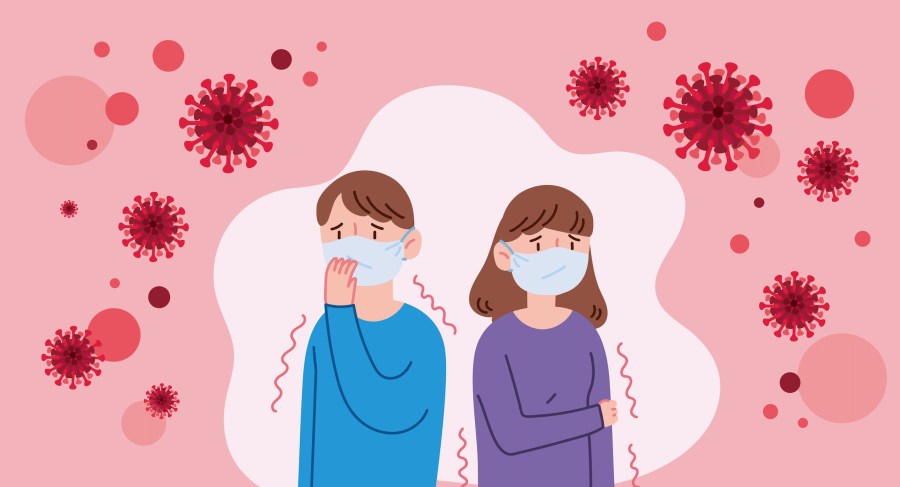Many people have been significantly affected by the impact of lockdown. Even though shops and businesses have reopened again, it’s still not an easy thing to try and get back to normal, but Brits are doing their best to take care of their health.
Six in ten Brits pledged to take better care of their health after lockdown. A nationwide survey reveals how Covid-19 has given people a heightened sense of awareness around their health and lifestyle choices. Two thirds of people agree that as lockdown is lifted, they will take better care of their health and wellbeing, with 30 per cent of people saying they have done more exercise since the start of lockdown.
Other findings that suggest people are more conscious about their health include 70 per cent of people are now taking vitamin supplements and 44 per cent have taken up a new hobby they intend to carry on as lockdown ends. Some 39 per cent of people are preparing more meals from scratch, with 18-24-year olds most likely to have increased the amount of cooking they do over lockdown. Dr Oliver Robinson, Psychologist and Mental Health Specialist says: ‘Learning new skills may be part of the silver lining of the crisis. It is worth considering that crisis can mean both danger and opportunity, and there is real opportunity for positive change at the moment, if you embrace it.’
Feeling anxious
The research, which was commissioned by leading wellness brand YourZooki, also reveals a staggering 70 per cent of the UK is feeling anxious at the thought of returning to busy places. Females are feeling more worried than men and the over 55s are most concerned about going out as measures are relaxed.
The Impact of Lockdown research, commissioned by health and wellbeing brand YourZooki and conducted by OnePoll, also found that 70 per cent of UK adults feel anxious at the thought of being in busy places, nearly half of the UK are going to visit pubs and restaurants less often than before lockdown, 46 per cent of people now working from home have had their mental health affected and over 50 per cent of people are spending more time on their digital devices.
Together in a crisis
Dr Oliver Robinson says: ‘During the months of the Covid-19 pandemic, we have found ourselves all in a crisis together, and correspondingly the level of anxiety has spiked in the general population. Anxiety during a crisis is, in large part, a result of uncertainty and unpredictability, which creates a fear of the future and a fear of the unknown. The level of uncertainty during the pandemic has been unprecedented.
Dr Robinson’s Tips for overcoming anxiety…
Set small goals first when going to public places again: You may find that you now feel anxious in places that previously caused you no anxiety at all. A good strategy to handle this is gradually increasing the size and scope of journeys away from home; starting off local and small-scale and gradually build from there.
Be assertive: If someone is behaving in a way that goes against guidance and could help the virus to spread again, stand up for what you think is right and tell them. Being assertive has been shown to lessen feelings of anxiety, so it is great for your mental health too.
Use schedules and daily rituals to keep your mind at ease: A key challenge with home working is to create your own routines and rituals that structure each day in an enriching way. Sticking to a routine can be challenging. A good way of ensuring that you do so is by writing it out clearly and formally on a piece of paper, signing it at the bottom (as a way of committing yourself to it), and then putting it in a visible location where you often look.
Limit how much you check the news and social media feeds: Our brains are evolutionarily wired to pay attention to threatening information. News channels and social media platforms use this fact to their advantage – they know people are far more likely to tune in or click the link if the headline is a threatening or shocking one rather than a positive one. This is good for their traffic but bad for our mental health. During the coronavirus pandemic, consumption of news coverage has reached ‘unprecedented levels’. This is understandable as people want to keep informed, but the downside of too much news is elevated anxiety.
For more information on health and wellbeing, visit YourZooki Health.







